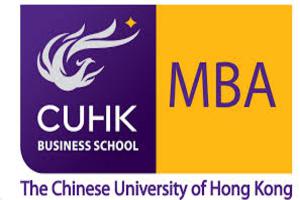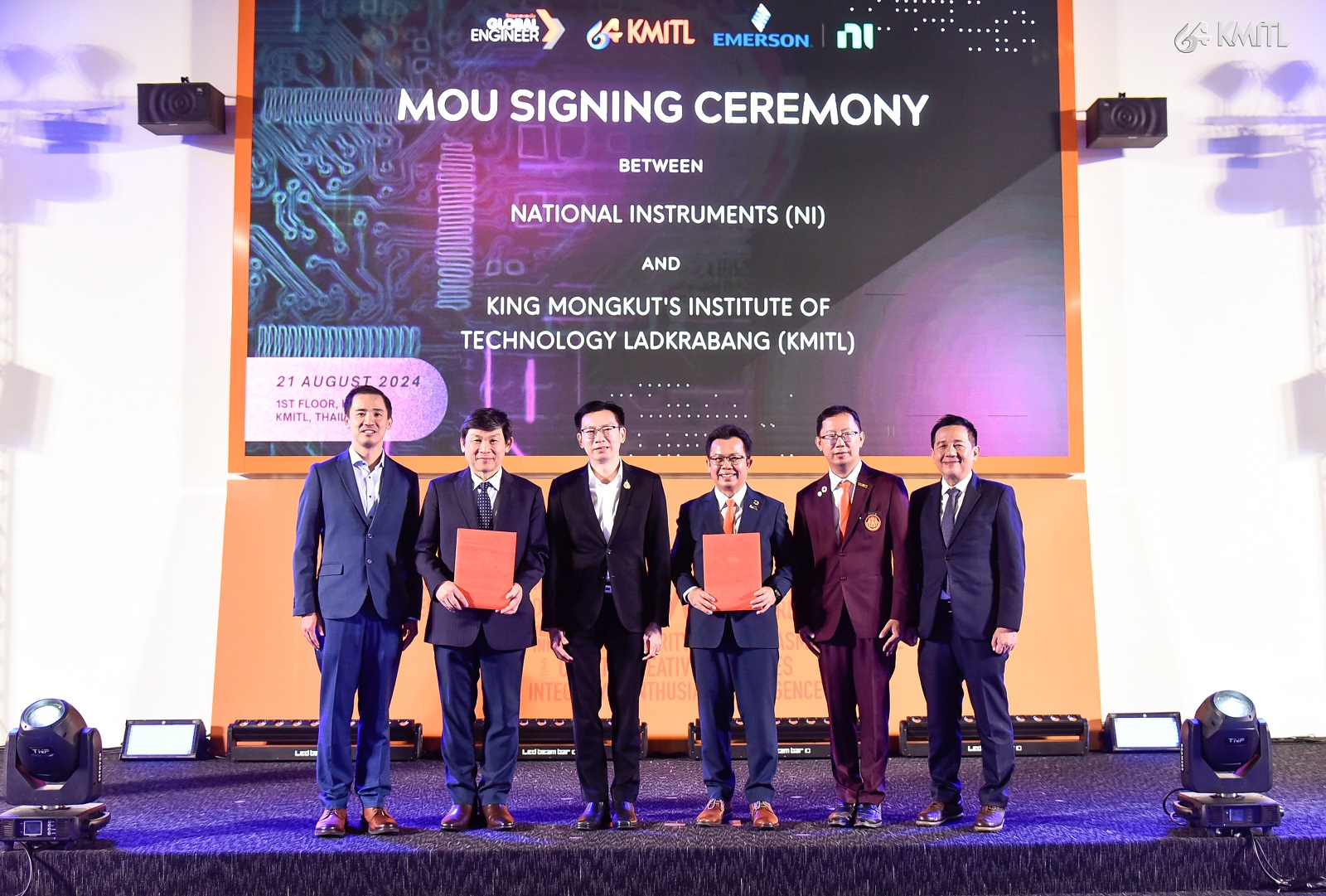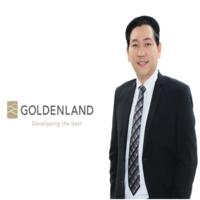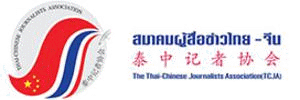- Details
- Category: บริหาร-จัดการ
- Published: Thursday, 09 June 2016 14:02
- Hits: 5143
 OURCE : The Chinese University of Hong Kong (CUHK) Business School
OURCE : The Chinese University of Hong Kong (CUHK) Business School
Research by CUHK Business School Reveals How Chinese Companies Use ‘Embedded Analysts’ to Reveal Sensitive Information
HONG KONG, CHINA - Media OutReach - June 7, 2016 - Chinese companies face a dilemma. They need to straddle two worlds -- there's the old China where business is still conducted on a 'who you know' basis, and the emerging world of financial markets, regulations and transparency, says T.J. Wong, Choh-Ming Li Professor of Accountancy and Director of Centre for Institutions and Governance at the Chinese University of Hong Kong (CUHK) Business School.
"As Chinese financial markets develop, companies want to reduce the cost of borrowing. In order to build trust and inspire investors, they know they need to improve transparency," says Prof. Wong who has researched the issue in the latest study entitled "The dyadic ties of managers and financial analysts and their externality on a firm's information environment" with Prof. Gwen Yu at Harvard Business School and Prof. Zengquan Li at Shanghai University of Finance and Economics.
"But companies know that revealing sensitive information such as their political or strategic ties might also be damaging. So what do they do if they want to borrow cheaply beyond friends and family? The two systems are colliding and companies need a solution," he says.
In the West, as Prof. Wong explains, regulations and economic infrastructure to protect investors are well established. But in emerging economies such as China, legal safeguards are not yet robust enough to reassure lenders that it is safe to invest in unfamiliar companies through stock markets. So if a company wants to borrow, how can it build trust among external investors?
Prof. Wong and his collaborators have been investigating how Chinese companies operate as the nation ploughs on with the economic reform.
"We have investigated what we call 'the embedded analyst'," says Prof. Wong. "This is a financial analyst with personal connections to a company, but with enough professional credibility to be able to inform wider markets about that company. At the same time, companies use these analysts to communicate and to protect sensitive information about strategic ties. We look at how firms exploit this channel of communication to cut their costs of borrowing."
He is keen to point out that it is not a concept dreamed up in the "ivory towers" of academia. He and his collaborators have had lengthy conversations with analysts in China before embarking up on the research examining a comprehensive cross section of listed companies in China and associated analysts for a ten-year period from 2005 to 2014.
The study shows a "spillover" effect that analysts who are well connected with a company can help spread accurate information and forecasts about the firm, and this effect of information beyond the company's and analyst's network is stronger when companies are keen to raise finance.
While the research finding won't surprise anyone working within China's markets, it does help explain to the rest of the world how things work in Chinese companies, says Prof. Wong.
But the research also throws up more questions in the West than it answers, such as: Why is it so important to know about a company's links to politicians or other strategic partnerships?
Previous research has already shown that relationships play a strong role in business in China; historically Chinese firms relied solely on their networks to win contracts. And each business relationship may differ slightly -- making it impossible to compare like for like when evaluating one company against another.
"For example, a chief executive knows someone from schooldays and does a deal. He then does a deal with his brother-in-law, and then another transaction with someone he knows socially. Every deal is different and nothing may be written down formally. You couldn't compare these deals with -- say -- IBM signing a deal with three different companies, where terms of each deal will be spelled out and in the open," he explains.
So why don't Chinese companies move towards greater transparency? Why aren't they more open about their beneficial political or strategic connections?
"There's a high cost a domino effect of openly revealing a political relationship -- it may damage other future relationships," says Prof. Wong. "The information doesn't affect just one deal; it affects all future deals," he says.
However, if companies opt not to disclose links which would help them raise more funds on capital markets, then they remain limited to borrowing only from friends and family.
When Prof. Wong presents this research in the West, business students often ask these questions: "Why should we rely on analysts to reveal sensitive information? Why doesn't the chief executive let investors know?"
Prof. Wong explains that unlike managers, who may have a shorter tenure and may be tempted to "big up" company health for personal gain, analysts tend to hold their positions for longer, and so potentially have more professional credibility.
That's not to say that the researchers can rule out any hints of insider trading. The firms' incentives to raise external capital and the intermediaries' market reputation and discipline can to a large extent mitigate such possibility of collusion between the firms and the embedded analysts.
But the academics did allow in their research for some level of commitment from analysts. Respected analysts are playing a bigger role in Chinese domestic markets, which see much activity from individual retail investors. As a nation, the Chinese have the highest savings rate in the world, and are keen to invest, and so are heavily dependent on analysts' forecasts.
By looking publicly available information to determine how analysts might be connected to a company -- either through a shared university, or time spent working together, or geographic proximities, the researchers reveal that this "social capital" allows companies to communicate private information to analysts, who in turn spread the word about a company's health and financial forecasts to their own networks. As a result, the more connected the analysts, the more accurate the earnings forecasts they make.
"It's a tacit agreement between analysts and the company they use 'secret' knowledge to make a hard earnings forecast, but because they have a strong reputation in the market, the signal crosses to wider analysts and investors who know they can trust the information," says Prof. Wong.
The researchers also found that more accurate information about a firm emerges when it plans to raise funds through new share issues. Also, companies which are particularly reliant on their political connections, or which have a concentrated number of customers and suppliers, tend to rely more on embedded analysts to release information.
All of which go to make well-connected analysts important players in Chinese markets.
"These embedded intermediaries can build a bridge between emerging economies and the west. They need to have grown up or at least spent a long time working in China and speak the language -- if they have a good reputation in the market, they can be very powerful."
And this role may not be restricted solely to financial analysts, says Prof. Wong, suggesting that future research might also look at other figures with a close connection to Chinese companies -- such as auditors or fund managers.
Back at CUHK Business School, when Prof. Wong introduces his students to these concepts, they are enthusiastic.
"They find it very new," he says. "In textbooks, students only read the Western perspective when it comes to how companies are organised and how they trade. But these cultural and political perspectives are important."
But is this system of informal communication sustainable?
"Until Chinese law, accountancy and market regulations protect investors, companies will need this kind of embedded intermediaries," says Prof. Wong.
"There's no quick fix. It takes a long time, maybe decades, to establish the kind of economic and legal frameworks to build trust in the markets. But we want to show that this level of closeness and ties with analysts isn't necessarily bad as it fulfils an important role in China," he says.
Reference
Zengquan Li, T.J Wong and Gwen Yu, "The dyadic ties of managers and financial analysts and their externality on a firm's information environment", 2016. Working paper.
This article was first published in the China Business Knowledge (CBK) website by CUHK Business School: http://goo.gl/f5M9XU.
Company logo
http://release.media-outreach.com/i/Download/3961
About CUHK Business School
CUHK Business School comprises two schools Accountancy and Hotel and Tourism Management -- and four departments Decision Sciences & Managerial Economics, Management, Finance and Marketing. Established in Hong Kong in 1963, it is the first business school to offer BBA, MBA and Executive MBA programs in the region. Today, the School offers 7 undergraduate programs and 13 graduate programs including MBA, EMBA, Master, MSc, MPhil and PhD).
In the Financial Times Global MBA Ranking 2016, CUHK MBA is ranked 26th. In FT's 2015 EMBA ranking, CUHK EMBA is ranked 31st in the world. CUHK Business School has the largest number of business alumni (30,000+) in Hong Kong - many of whom are key business leaders. The School currently has about 4,400 undergraduate and postgraduate students and Professor Kalok Chan is the Dean of CUHK Business School.
More information is available at: http://www.bschool.cuhk.edu.hk or by connecting with CUHK Business School on Facebook: http://www.facebook.com/cuhkbschool and LinkedIn: https://www.linkedin.com/company/cuhk-business-school.
About China Business Knowledge (CBK)
CBK is a portal belonging to the Chinese University of Hong Kong (CUHK) Business School which provides easy access to the China-related research conducted at CUHK Business School. Through feature articles, mini case studies, discussions and a research paper database, CBK aim to narrow the knowledge gap between China and the rest of the world, providing in-depth knowledge and practical tips about doing business in China. Free content is available at http://www.bschool.cuhk.edu.hk/faculty/cbk/index.aspx or by connecting with CBK@CUHK on Facebook: http://www.facebook.com/CBKCUHK, Twitter: https://twitter.com/CBK_CUHK and LinkedIn: http://linkd.in/1B8cGdU.




































































